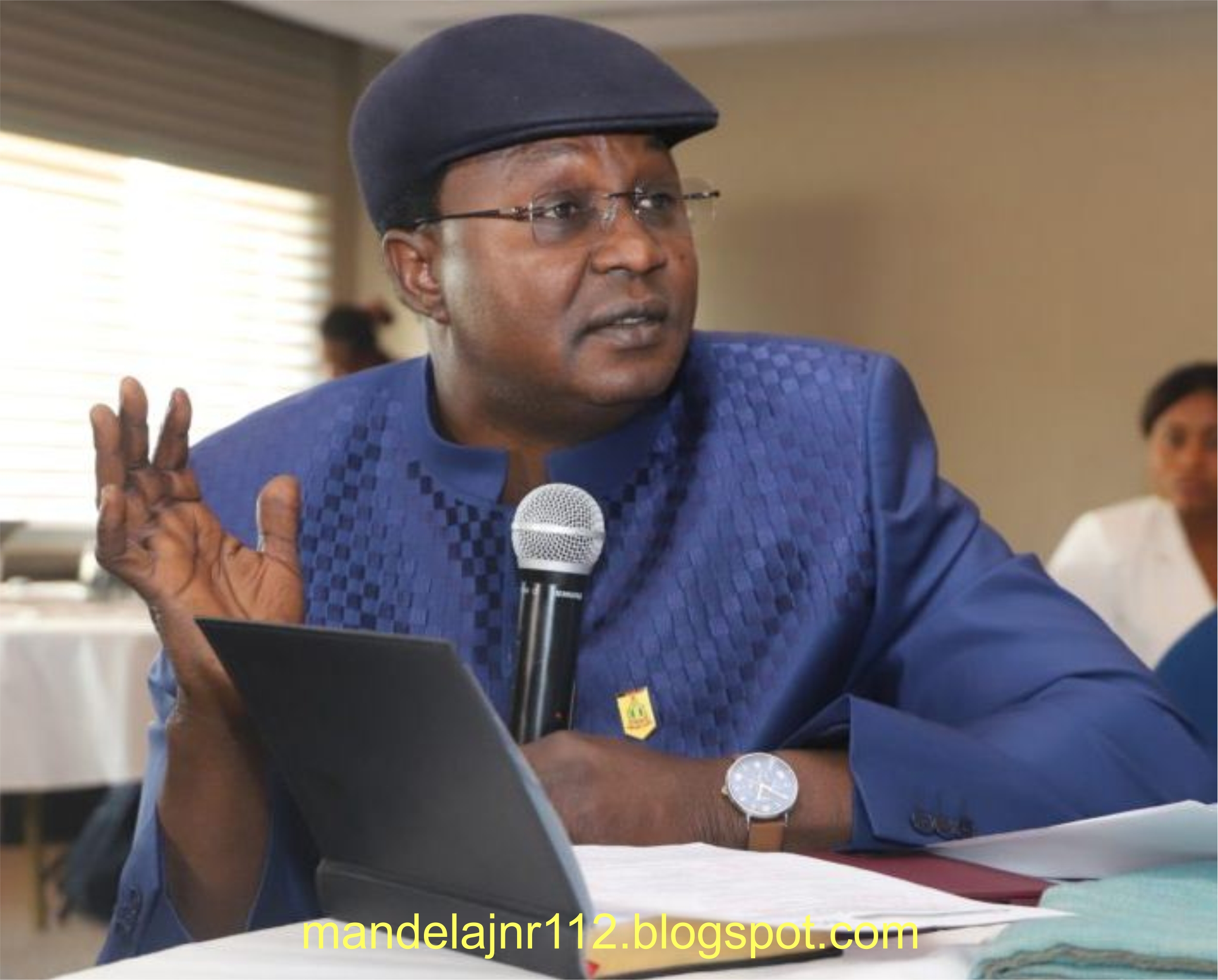The
Nigeria Labor Congress (NLC) has approached Nigerians to consider the public
authority responsible for its inability to determine the waiting fuel emergency
in the country as opposed to channel reactions to the worker's organization.
The
leader of the Nigeria Labor Congress (NLC), Ayuba Wabba, on Wednesday, said the
association has figured out how to hold the public authority back from
expanding fuel costs and eliminating appropriation, and that Nigerians ought to
help the gathering instead of be "focused on attempt at finger
pointing".
Mr
Wabba talked at the week after week episode of PREMIUM TIMES' TwitterSpaces.
The most recent episode of the program was named "Ceaseless Fuel Crisis,
Attendant Consequences and Way Forward."
The
occasion was gone to by Mr Wabba, the leader of the Independent Petroleum
Marketing Association of Nigeria (IPMAN), Chinedu Okoronkwo, the entertainer
and dissident, Kate Henshaw, and numerous Nigerians who were in the crowd.
Nigerians
have gotten through long periods of overwhelming fuel deficiencies what began
in 2021 after the public authority reported plans to end installment of
appropriation on petroleum. As the emergency waited on, some have denounced the
coordinated work, particularly the NLC and the Trade Union Congress, of not
doing what's needed to welcome strain on the public authority to guarantee the
issue is settled, as they did before.
"Rather
than meeting up to help us, individuals are moving fault to us. As opposed to
move fault, each resident ought to assume a functioning part in considering the
public authority responsible," Mr Ayuba said.
"Individuals
look for someone else to take the blame either because of misleading publicity
or for the absence of data. Individuals frequently fail to remember that they
have an obligation to hold those they have chosen into these workplaces
responsible."
He
said NLC has given its all and that the significant job of the NLC is to
safeguard laborer's freedoms. Inquired as to whether the coordinated work was
doing what's necessary to draw in the public authority, Mr Wabba said if not
for the association's work things could have been more terrible.
He
censured the public authority's inability to tackle the country's energy
emergency, a decades-in length incongruity that has seen Africa's biggest
unrefined petroleum maker keep on depending on refined fuel imports.
"The
energy issue the world is confronting today would have been of benefit to us
assuming that we were refining and selling," he said.
"The
issue confronting Nigeria today can be connected to the neo-liberal
arrangements we make, which are purposeful. The administration of sponsorships
is likewise not done straightforwardly. Energy is everything and without
energy, there will be no life.
"Diesel
for example has been completely liberated in Nigeria however state-of-the-art,
actually enjoys no benefit. Numerous organizations are quitting for the day
they can't run their generators because of the significant expense of
diesel."
Mr
Wabba reviewed that the ongoing government had guaranteed that two of Nigeria's
treatment facilities would be functional in 2020, yet by 2022, the four
processing plants have stayed closed down.
Mr
Wabba said while diesel is the simplest product to refine and particular
treatment facilities could help around there, the public authority decided to
close down the measured processing plants as opposed to permitting them to
refine.
"Utilitarian
processing plants can be inherent a year however the issue is that there is no political
will to do these things. Advertisers and administrative offices are holding
Nigerians to recover," he said.
The
leader of IPMAN, Mr Okoronkwo, regretted the functional issues confronting its
individuals, and solicited the evacuation of sponsorship to permit costs not
set in stone by market influences.
"On
the off chance that we had permitted the endowment to be taken out, we would
have been exceptional off," he said.
Ms
Henshaw encouraged the public authority to fix Nigeria's doomed processing plants
with the goal that the country could refine its oil asset.



